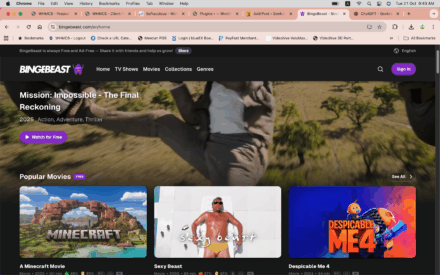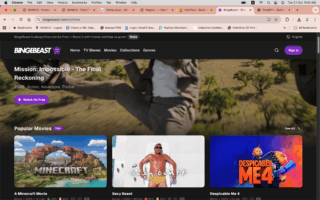Türkan Atay claimed Maria B didn’t meet the demands the two agreed on. Photos: Instagram
In posts shared on Instagram on Sunday, Turkish content creator Türkan Atay accused Pakistani clothing brand Maria B for evading payment that the influencer claims the two parties agreed on.
Türkan began by mentioning that she shot a reel for the brand in Istanbul earlier this year and negotiated her terms. “Basically, for shooting in Istanbul, the cost is divided based on the shoot’s location, videography, video editing, and so on. So I gave them a price per outfit. They even agreed to it. I have all the messages,” she said.
Once the video was done, however, Türkan claimed that the brand backtracked by not giving her the discussed amount, prompting her to reach out. “So I said, ‘Look, this isn’t what we talked about. We agreed on a ‘per outfit’ payment. The messages clearly state that.’ They told me, ‘Oh, sorry. There’s been a misunderstanding. We pay international influencers on a ‘per reel’ basis.”
The content creator assured her followers that she was not doing this out of desperation for money but for self-respect. “I’ve been going over this with them for 3 months now,” she said. “The amount isn’t even all that much for you. Just give me my due payment, and I’ll give it to those who deserve it. And I will never collaborate with you again.”
In a follow-up video, Türkan shared screenshots of her communication with the brand’s executives. She claimed that her politeness was only met with disregard. “It’s not about money, it’s about being respectful to the people you collaborate with.”
In response, the official account of Maria B took to Instagram Stories to issue a statement regarding the matter. Priding its transparent partnership with the digital community, the brand said, “Over the years, we have successfully collaborated with hundreds of influencers and content creators, ensuring fair compensation and mutual respect in all engagements. And we are proudly known for our best payment practices. In our 25 years, we have neither withheld payment nor retracted from our commitments.”
The statement added that the recent controversy “was a regrettable misunderstanding that we were committed to resolve.” However, the brand denied the accusation of withholding payment.
“A meeting had been set up to address the issue, but the influencer chose to make a defaming reel instead of accepting to resolve the issue amicably,” the statement further read. “We regret the misunderstanding. We remain committed to supporting the creative community and continuing to build respectful, transparent relationships with all our collaborators.”











